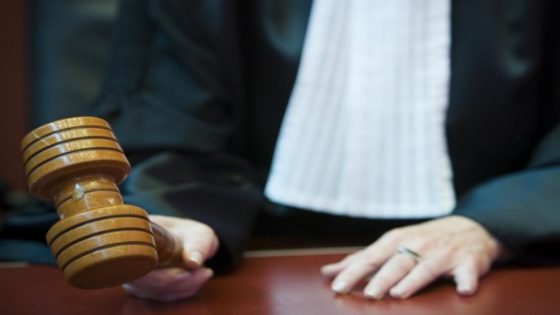On June 18, 2022, a man assaulted a group of five people in Brussels, marking a significant event in the fight against hate crimes. Among the victims were two individuals dressed as drag queens. This incident led to the first criminal conviction for sexist and homophobic violence in Belgium.
- Man assaulted group in Brussels, including drag queens.
- Court ruled on sexist and homophobic violence.
- First criminal conviction for such offenses in Belgium.
- Discrimination based on gender expression noted.
- Case highlights complexity of intersectional discrimination.
- Emphasis on public safety for diverse identities.
A Landmark Conviction Against Homophobic Violence in Belgium
What does this conviction mean for victims of hate crimes? The court’s ruling serves as a powerful message against discrimination based on gender expression and sexual orientation. In June 2023, the same man attacked two employees at a tanning salon after they rejected his advances, showcasing a pattern of violent behavior fueled by prejudice.
The Impact of Legal Action on Hate Crimes and Discrimination
This case underscores the importance of legal accountability in addressing hate crimes. The court recognized that the man’s actions were motivated by discriminatory beliefs regarding gender and sexuality. Such recognition can encourage more victims to come forward.
- The ruling highlights sexism and homophobia as serious societal issues.
- It encourages better enforcement of existing laws protecting marginalized groups.
- This conviction could inspire similar cases globally, fostering broader discussions on equality.
- The decision aims to create safer public spaces for everyone regardless of their identity.
The Role of Institutions in Promoting Equality
Bodies like Unia and the Institute for Equality emphasize that this verdict reflects society’s commitment to fighting discrimination. They argue that recognizing intersectionality—how different forms of discrimination overlap—is vital in understanding these issues fully. The court’s acknowledgment of sexist language used during the assault reinforces this perspective.
Lessons Learned: Advocating Respect for Diversity
Liesbet Stevens from the Institute remarked on how such cases illustrate the dangers posed by sexist rhetoric. They serve as reminders that words can lead to violence if left unchecked. By advocating respect for all forms of diversity, we can work towards preventing future incidents like these from occurring again.
Conclusion: A Call to Action Against Hate Crimes
This landmark case is more than just a legal victory; it’s a call to action against all forms of hatred and discrimination. As societies evolve, so must our commitment to ensuring safety and respect for every individual, irrespective of their identity or expression.

































